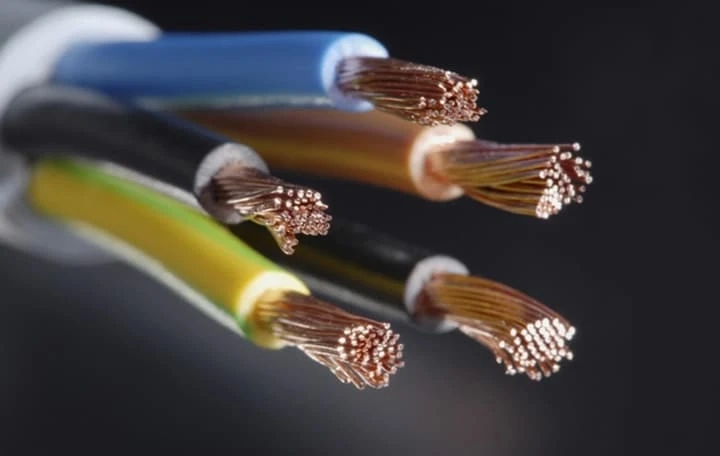What Is the Distinction Between a Commercial Electrician and an Industrial Electrician?
The significant contrast between an industrial and a commercial electrician is the work environment in which they carry out their responsibilities.
A commercial electricians North Melbourne works in commercial facilities such as retail stores and restaurants to ensure that the wiring and electrical components are safe to use.
On the other hand, an industrial electrician is someone who works in manufacturing plants and production facilities where the machinery and electrical systems are sophisticated, delicate, and costly to maintain and repair.
Industrial electricians are in charge of a more excellent range of electrical systems, ranging from micro currents to high voltage components, when opposed to domestic electricians.
What's the Distinction Between Residential and Industrial Wiring?
The critical distinctions between the industrial wire and residential wiring are insulation, voltage load, and installation style.
The residential wire is frequently run through walls and attic crawl spaces in a single-phase design, and it consumes less power due to the lower quantity of electrical demand.
Industrial wiring is three-phase to create higher output and power high-voltage equipment and various systems simultaneously.
Industrial wire insulation is made to withstand the impact of corrosive liquids or gases.
The sensitive and power-hungry gear frequently necessitates the use of heavy-duty outlets.
What Does an Industrial Electrician Do?
An industrial electrician's primary responsibilities include installing, repairing, and maintaining electrical components in commercial buildings and industrial settings.
Industrial electricians install and maintain various electrical components such as wiring, conduits, circuit boards, outlets, lighting fixtures, and switches.
When electrical systems fail, industrial electricians must diagnose the problem to solve it and fix it.
How Long Does It Take to Get a Job as an Industrial Electrician?
You must complete at least four years of training to become a certified industrial electrician.
An apprenticeship program is the most common way to become a licensed journeyman industrial electrician.
A typical apprenticeship consists of 144 hours of classroom instruction and 2,000 hours of on-the-job training per year, with around 144 hours of classroom instruction.
Some community colleges offer associate's degrees and certificate programs that can be used to meet apprenticeship requirements.
To acquire your license, you must pass a state exam on the National Electric Code after finishing your coursework.
Qualifications and Duties
Obligations and Responsibilities
Conduit and wiring systems must be measured, cut, and installed.
All electrical equipment must be installed and programmed.
Follow electrical designs and schematics exactly.
Troubleshoot electrical components and, if necessary, replace them.
Preventative maintenance inspections should be performed.
The ladder logic programs for PLCs have been translated into English.
Comply with all local, state, and national electrical codes.
Keep the work area clean and safe.
Position requirements and qualifications
It is necessary to have a high school diploma or a GED certificate.
Completing a trade school or training program is considered an advantage in this industry.
A state journeyman's license is preferred.
Prior experience working in an industrial setting is strongly desired.
Knowledge of hand tools is essential.
Mechanics are required.
Having physical ability


